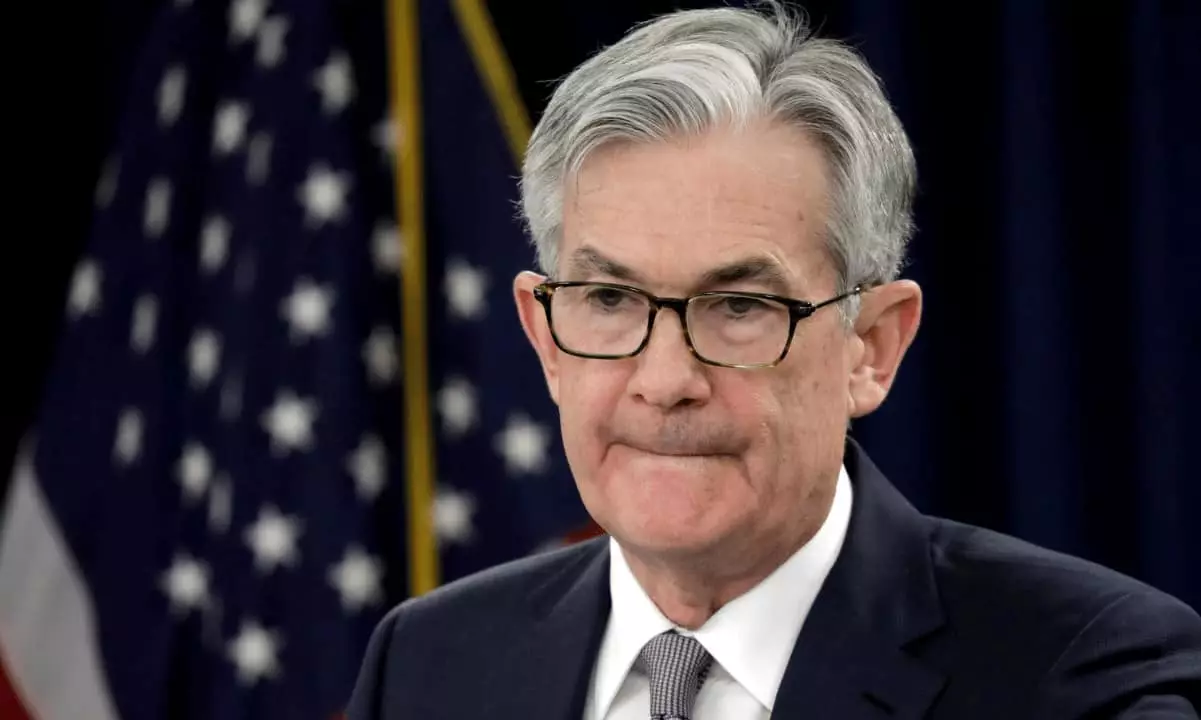The recent declaration by Federal Reserve Chair Jerome Powell regarding Central Bank Digital Currencies (CBDCs) marks a significant moment in U.S. monetary policy. During a Senate Banking Committee hearing, Powell unequivocally stated that under his leadership, the Federal Reserve would not introduce a CBDC. This stance comes as a considerable pivot from earlier explorations of the digital dollar, emphasizing a preference for the existing financial system over the introduction of a government-controlled digital currency.
In response to a pointed inquiry from Senator Bernie Moreno, Powell’s “Yes” answer to whether the U.S. would never have a CBDC while he was in charge underscores his resolute position. It reflects the Federal Reserve’s shift from investigating the potential advantages CBDCs could offer—such as enhancing payment system efficiency and safety—to a more cautionary approach characterized by skepticism regarding their implementation.
Powell’s commitment has found favor among critics of CBDCs, particularly those who argue that such currencies pose risks to privacy and financial autonomy. Advocates from think tanks like the Cato Institute have sounded alarms about the potential surveillance capabilities inherent in a government-issued digital currency. Unlike decentralized cryptocurrencies, which afford users a level of anonymity, CBDCs are designed for tracking and regulation, raising significant concerns over individual freedoms in financial transactions.
Importantly, the timing of this announcement is pivotal. With several countries, notably China, making considerable strides towards implementing their digital currencies, the U.S. stands at a crossroads. Countries like Russia, Turkey, and Japan are also experimenting with digital currency initiatives, thereby igniting discussions about the global shift towards digitization in finance. The contrasting approaches taken by the U.S. and these nations highlight an ideological divide regarding currency control and citizens’ rights.
The Political Landscape and Future Implications
Political dynamics in the U.S. further complicate the discourse surrounding CBDCs. Republican lawmakers have emerged as staunch opponents of government-issued digital currencies, with tangible actions taken to ban their issuance. Last year, a bill designed to prevent the Federal Reserve from launching a CBDC passed in the House of Representatives, indicating a strong legislative desire to maintain traditional monetary systems over digital innovations.
Moreover, the recent executive order from former President Donald Trump, which aimed to prevent any federal agency from advocating for or developing a CBDC, reinforces the deeply polarized nature of this issue. The apprehension surrounding CBDCs ties into broader fears about governmental overreach into personal freedoms and the potential for economic control by the state.
Powell’s strong assertion may provide reassurance for those wary of digital currencies’ implications for personal rights and privacy. As global explorations into CBDCs advance, the U.S. appears to be adopting a cautious stance, choosing to uphold existing financial frameworks instead of pivoting towards technologically innovative solutions that could complicate privacy and autonomy. As the situation evolves, the debate will undoubtedly continue, emphasizing the importance of safeguarding economic freedoms in an increasingly digital landscape.

